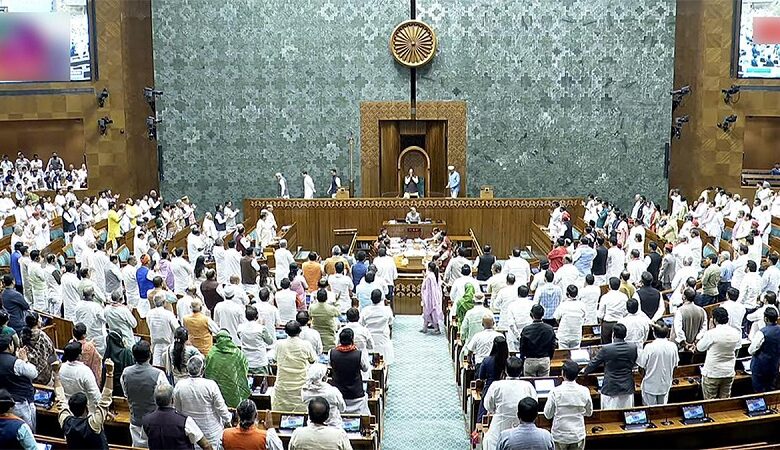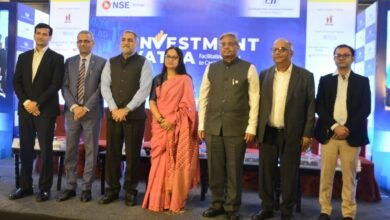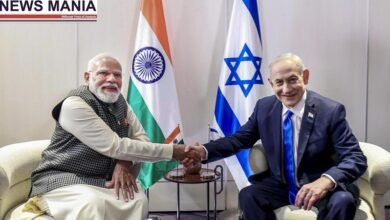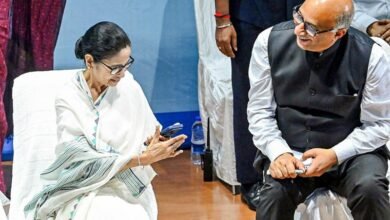Political Tensions Erupt as New Lok Sabha Speaker References Indira Gandhi’s Emergency Era

News Mania Desk/ Agnibeena Ghosh/26th June 2024
The brief moment of harmony between the Indian government and the opposition was shattered following the election of Om Birla, the NDA nominee, as the 18th Lok Sabha Speaker. The newfound tension erupted when Birla referenced the “dark days of emergency” and criticized former Prime Minister Indira Gandhi’s decision as an assault on the Constitution. This statement sparked protests from opposition MPs, including Congress members, who stood up and raised slogans against the mention of the emergency.
On June 25, 1975, Indira Gandhi, then Prime Minister, imposed a nationwide emergency, which Om Birla described as a “black chapter in the history of India.” According to PTI, Birla asserted that Gandhi’s decision was a direct attack on the Constitution crafted by Babasaheb Ambedkar. He highlighted that India, known globally as the mother of democracy, was subjected to dictatorship under Gandhi’s rule.
Birla elaborated on the impacts of the emergency, stating that the rights of Indian citizens were severely crushed, and freedom of expression was stifled. He emphasized that opposition leaders were imprisoned, and the entire nation was effectively turned into a massive jail. He also pointed out that the dictatorial government of that time imposed numerous restrictions on the media and curtailed the autonomy of the judiciary.
Following his speech, Birla called for a moment of silence to remember the victims of the emergency before adjourning the day’s proceedings. However, the adjournment did not mark the end of the controversy. Shortly after, BJP members organized protests outside Parliament, waving placards and chanting slogans to reinforce their stance against the emergency era.
Earlier in the day, Om Birla had officially assumed the role of the Lok Sabha Speaker after securing a voice vote in his favor. His election to the speaker’s chair was met with congratulations from several prominent leaders, including Prime Minister Narendra Modi, Leader of Opposition Rahul Gandhi, and Samajwadi Party leader Akhilesh Yadav. This moment of bipartisan support was short-lived, as Birla’s remarks reignited longstanding political tensions.
The emergency period remains one of the most contentious episodes in Indian political history. Imposed on the grounds of internal disturbance, it lasted for 21 months and was marked by widespread curtailment of civil liberties, press censorship, and mass detentions of political opponents. Indira Gandhi’s government faced severe criticism for these actions, which are often cited as a dark period in India’s democratic journey.
Om Birla’s decision to bring up the emergency in his inaugural speech as the Lok Sabha Speaker underscores the enduring sensitivity and divisiveness of this historical period. For many in the ruling party, it serves as a stark reminder of the perils of authoritarianism. However, for the opposition, especially the Congress, it is a painful chapter that they believe is often used to unfairly tarnish their legacy.
The unfolding drama in the Lok Sabha reflects the deep-seated political rifts in India’s contemporary landscape. As Om Birla begins his term as speaker, he faces the daunting task of navigating these rifts and ensuring that the Parliament functions smoothly despite the underlying tensions. Whether he can foster a more collaborative atmosphere in the face of such profound historical and political disagreements remains to be seen.






